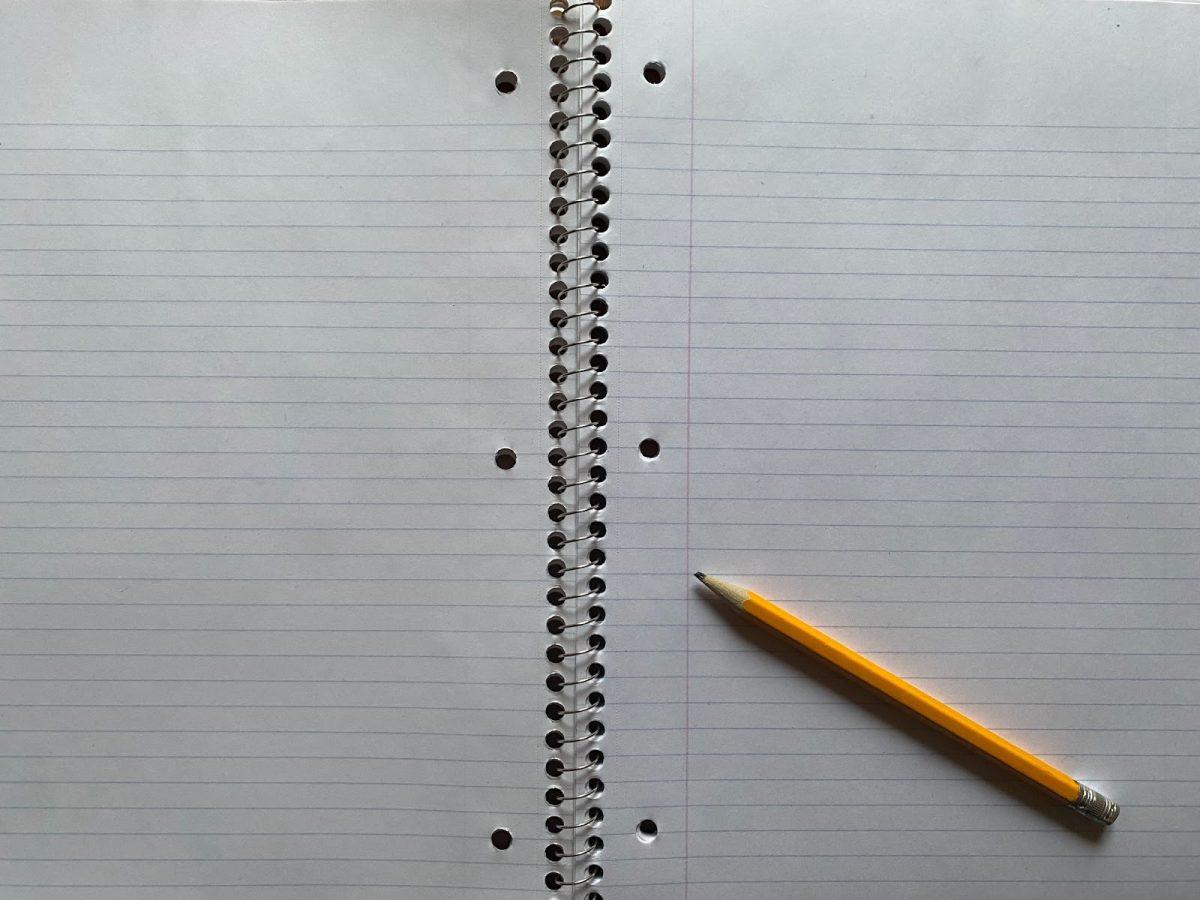Attention Deficit Hyperactivity Disorder (ADHD) is commonly thought of as a weakness or a struggle, especially when it comes to school. This is because of the tendency to get distracted and have trouble focusing for extended periods of time. This can be very true —for some people, the idea of sitting down and listening for an hour makes them want to squirm— but that’s not their fault, it’s the way their brain works.
What if I told you that ADHD, and the challenges that come with it, could be used as an asset in getting high grades and truly learning in the classroom? Because it is possible. While the traditional public school system in the U.S. may not be ideal for someone with this “disorder” (for lack of a better term), there are plenty of ways students can use their ADHD to not only get by in school, but thrive in it.
As someone with ADHD, I find it very easy to just give up in a lot of academic situations. When something doesn’t come naturally or I’m not particularly interested in the subject, my brain will often wonder, “why am I even doing this in the first place?” This is something you can work to overcome. Doozie Midyett, a licensed clinical social worker who works for Parenting With Intent, shares that working in a school system that doesn’t cater to your needs can make your self confidence decrease. Midyett works with lots of kids going through the school system who have ADHD and shares how it can impact a student, explaining, “When you’re met with a system that maybe isn’t set up to support you in the best way, it can create your own internalized doubt about how you’re doing, or your ability to navigate things.” Half of the struggle in school, with ADHD, is realizing that you have the tools necessary to achieve your education goals. Once you’ve realized that, you can really start honing in on some of the details and strategies.
A big symptom of ADHD is the tendency to get distracted, especially when doing something you aren’t very interested in. So, if you have to sit down and study for an hour, knowing you might get distracted, it’s best to set yourself up for success. This will look different for everyone depending on how distractible you are. Greg Newman, a psychotherapist, talks about how he coped with his own ADHD when studying in college: “My study space had to have curtains I could close, I wouldn’t sit in front of windows … I needed a quiet, secure space, and I needed routine.” So whatever it is you need to not get distracted, do your best to set that up for yourself to make the process as easy as possible for you. Another way you can set yourself up for success is checking in with your teachers. A person with ADHD doesn’t have a brain that works in the same way as someone who is neurotypical does. So, if you’re getting confused with the curriculum, sometimes getting it explained in a different way can help you understand better. “In second grade, a student teacher came in and was helping in class… At that age, math and spelling were incredibly difficult subjects for [me],” Newman recalls. “And what this teacher did was just break it down into such simple visual processes.” This made it easier for Newman to grasp the concepts being explained. Of course, not every teacher will be able to help you perfectly, but it’s still best to do everything in your power to try and understand the subject as best as possible.
At some point you have probably heard somebody call their own ADHD a “super power,” and while this may seem a bit far-fetched and a bit annoying in some cases, there is some truth to it. Every person with ADHD has experienced a “hyperfocus,” and this is when someone gets super hyper fixated on something and does their best to make whatever that “thing” is the best it can be. These hyper fixations can be pretty spontaneous and random, but figuring out how to channel that hyper fixation will help with academic work.
The first tip I’d give is figuring out your priorities if you haven’t already regarding school and your education. If you aren’t very academically focused, but want to start applying yourself more, you should do your best to channel your hyperfocus on academics. This is definitely easier said than done, but a good way to think of it is having an end goal. Having something that you’re working towards can be a great way to motivate yourself and activate that hyperfocus. Whether that end goal is a certain college or job, it’s really helpful to have something in the back of your mind when you’re working hard on something.
Obviously ADHD isn’t a “superpower” that will get you through high school, it has its fair share of disadvantages. At one point or another, someone with ADHD may wonder why they seem to work differently than everyone else. Midyett has a great analogy to explain how ADHD can feel for someone; “If you imagine a group of people… and everybody has to carry one hundred marbles. The people without ADHD are given a plastic bag and the people with ADHD are not given that bag.” Of course, the people without that bag are going to drop some marbles, while everyone else has theirs secure. We fail to realize that while someone with ADHD may have dropped twenty five marbles, they still have seventy five left. That gives them the ability to focus on those seventy five. In other words, we may not be able to handle all of these different tasks at once, but we excel more at the ones we focus on.
For most people with ADHD, this will take a lot of practice, and I’ve only really scratched the surface of methods to cope with and use my ADHD as an asset. School might not come as naturally, but given enough time and effort, you will find where your strong suits and weaknesses are. With this insight, you will be able to work around your weaknesses and use your strengths to tackle anything.



































